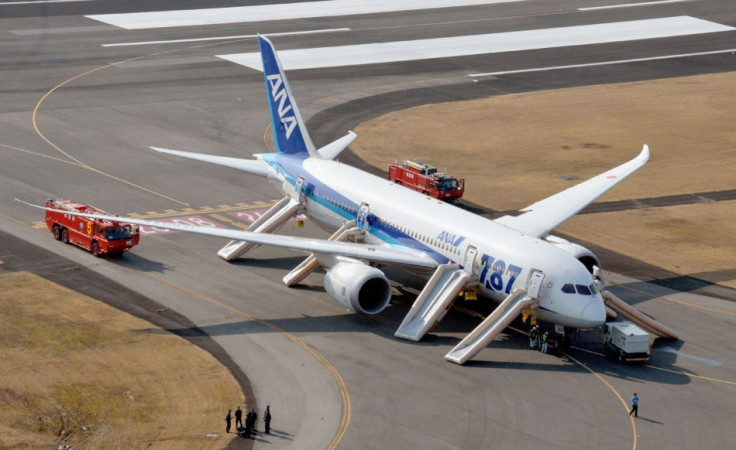Boeing Proposes Fix for Dreamliner Battery Glitch
FAA says it would approve plan only if it addresses battery failure risks

Boeing has presented a long-term fix for the Dreamliner 787 battery problems at a meeting with aviation authorities in the US which, however, have stressed that they would not allow the aircraft model to return to commercial service until they were certain on the proposed solution.
In their plans presented to the Federal Aviation Administration (FAA), Boeing officials propose to use more insulation within the eight-cell battery, and ventilation that will channel any gases outside the aircraft.
If the authorities approve the plan, flights could resume operation by April. The plan would require testing and safety recertification, the Associated Press reported, citing Boeing officials.
Meanwhile, the FAA noted that it is reviewing the Boeing proposal presented in the meeting that included Deputy Transportation Secretary John Porcari, FAA Administrator Michael Huerta and other FAA officials.
"The safety of the flying public is our top priority and we won't allow the 787 to return to commercial service until we're confident that any proposed solution has addressed the battery failure risks," the FAA said in a statement.
A total of 50 Dreamliners flown by seven airlines in six countries were grounded following a fire and an emergency landing of an All Nippon Airways 787 in Japan on 7 January due to apparent battery problems. The lithium-ion batteries used in the aircraft is being examined by US and Japanese aviation authorities.
Earlier, Japanese authorities suggested that the auxiliary power unit was incorrectly connected to the main battery that overheated. Airline safety inspectors had found no problem with the batteries, leading to speculation that the problems might have come from defects in the parts and systems connected to the battery.
The grounding of the planes, which are Boeing's newest and most technologically advanced, costs millions of dollars per day for Boeing. On Thursday, United Airlines said it was dropping 787s until at least June and postponing its new Denver-Tokyo flights.
Meanwhile, Boeing's rival Airbus has scrapped plans to use lithium-ion batteries in its A350 passenger jet.
© Copyright IBTimes 2024. All rights reserved.









